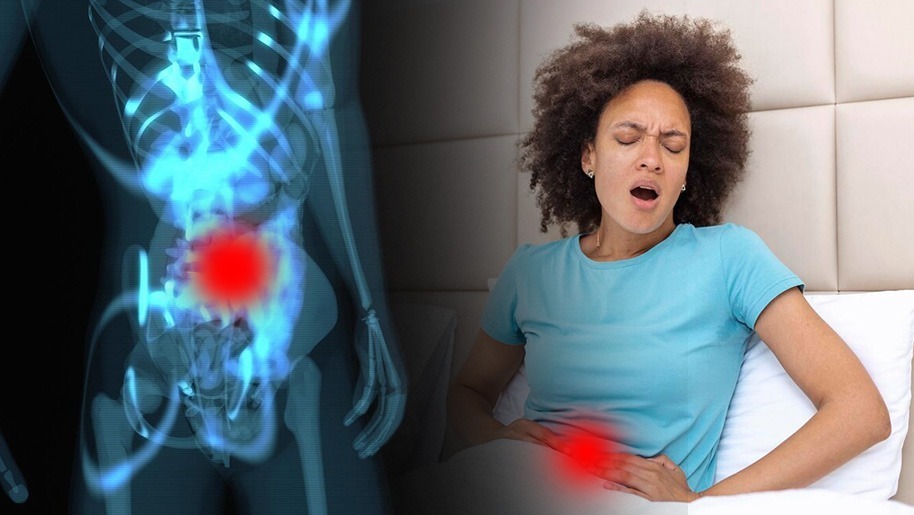Warning Signs of Cancer Women Should Never Ignore
While regular checkups with your doctor are crucial, being aware of your body and any unusual changes is key to catching potential signs of cancer early. These warning signs might not necessarily mean cancer, but they are worth paying attention to, especially if they last more than a few weeks. Here are some symptoms every woman should monitor:

1. Persistent Pelvic Pain and Abnormal Menstruation
Irregular periods and cramps are common, but if you’re experiencing prolonged, intense pelvic pain or significant changes in your menstrual cycle, it’s time to see a doctor. Persistent pelvic pain, irregular, heavy, or missed periods can be signs of uterine, cervical, or ovarian cancer—or even a condition like endometriosis.
2. Changes in Bowel and Bladder Movements
Frequent urination, blood in urine or stool, ongoing abdominal pain, or chronic constipation or diarrhea can indicate more than a digestive issue. Consistent changes in these areas should be monitored and reported to a healthcare provider.
3. Breast Changes or Lumps
New lumps, skin dimpling, nipple discharge, or changes in the shape or color of your breast can all be early indicators of breast cancer. Be on the lookout for swelling, redness, or unusual pain that doesn’t seem connected to your menstrual cycle.
“Take care of your body. It’s the only place you have to live” – Jim Rohn Ro

4. Unexplained Weight Loss or Gain
A sudden change in weight without a change in diet or exercise routine can be a red flag. Cancer can often impact appetite, with weight loss being more common, but unexplained weight gain can also happen. Always feeling full or losing your usual appetite should also be noted.
5. Persistent Fatigue
Feeling extremely tired, even after getting enough rest, can be a sign of cancer. If fatigue is disrupting your normal life, it’s worth investigating, as it can often accompany blood cancers like leukemia or more advanced stages of other cancers.
6. Skin Changes
Unusual moles, changes in skin texture, or patches of darker, yellowish, or red skin that weren’t there before can sometimes be signs of skin cancer or even internal cancers. Regularly examine your skin and report any new or changing spots to a dermatologist.
7. Persistent Cough or Shortness of Breath
A cough that doesn’t go away or new shortness of breath could signal lung cancer, especially if accompanied by chest pain, hoarseness, or blood in the cough.

























